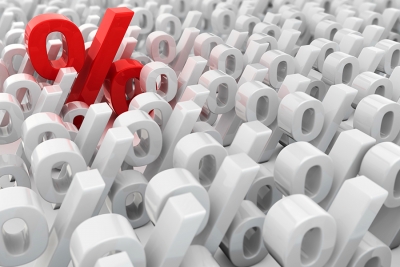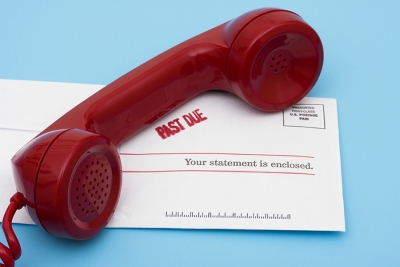You hear a lot about the importance of your credit score…why it’s important to have a good one, and why you should fear having a bad one. But what does it really entail?
What’s the point of having a good credit score?
Is there harm in having a bad one?
Let’s go through some of the details and figure out what a good score is, and why you should be aiming to have one.
Okay, why?
It’s not simply a matter of boasting about how high your score is. Credit scores can have real, tangible impacts on the way you live your life.
A good credit score can help shape your future.
And conversely, a bad one can make life more difficult, and have long-term effects.
Lenders will use your credit score to determine the rates that you can borrow at. We’ll look at the details shortly, but lets just say that it’s a lot cheaper and easier to get financing any time you need to borrow money, if you’ve got a good credit score.
What’s “good”?
Your credit score is measured by calculating a number of factors including how much you owe and what your payment history is like. Scores are measured from 300 to 850. With 300 constituting the worst credit rating, and 850 the absolute best.
Typically, any score above 700 is considered a “good” score. Below that is “Fair” (which is the range the average American falls into), and below that we start looking at bad credit scores, at which point any sort of financing becomes problematic.
So what’s so good about a good score?
Put in the simplest terms, the higher your credit rating the easier it is to get credit. Whilst it isn’t the be all and end all, your credit score is a big factor in whether or not a lender decides to lend to you, as it’s a measure of how much of a risk you are.
That’s not all, a rough rule with credit scores is this: the higher your credit score, the better the terms of your borrowing.
In a nutshell: it’s cheaper to borrow money with a high credit score than it is with a low one.
Interest rates can differ by whole percentage points between fair and good credit ratings. This may not seem like a lot, but over the course of a long term commitment like a mortgage, that can make a big difference.
When you have a good credit score, it’s much easier to find credit, and for that credit to be nodded through without a load of background checks.
In addition, should any potential employer run a credit check (as some do, to determine the risk of theft) a good score marks you out as a responsible citizen, diligent with their finances and a better bet as a potential employee.
Better Credit
It’s not only the range of credit cards which improves along with your credit score, it’s also the benefits that come along with them. Credit cards for those with fair credit come with a variety of benefits. But for those with good credit, a wider range of benefits accrue: interest rates and balance transfer fees are lower. It’s definitely cheaper and more rewarding having a credit card if you’ve got good credit.
Good vs Fair credit
Let’s look at three of the most typical situations where you’d need to borrow money. Buying a house, buying a car, and starting a business.
Getting a mortgage is much easier with good credit. Not only are you more likely to actually get a mortgage, but it will be at a much better rate.
Mortgage rates from the same lender can differ as much as a percentage point and a half between the lower and higher credit scores.
With something as expensive as a mortgage, this can make a massive difference over time. Let’s say you took out a mortgage for $200,000 and maybe you got a 4% interest rate with a good credit score. Your monthly payment would likely be around $950. Put that interest rate up to 5% though, and your monthly payment jumps to $1070.
That’s a $120 monthly difference, just due to a lower credit score.
Buying a car is also easier with a good credit rating. Interest rates are again dependent on your credit score. By way of an illustration, when attempting to calculate an auto-loan of $20,000 a “good” score returns an interest rate of 2.44%. When the same amount is searched for with a “Fair” score, then the best interest rate jumps to 3.16%.
Some loans are even pushing up towards the 7% interest rate mark.
That’s a sizable difference in terms of repayments and how much that loan would cost you in the long term.
When it comes to starting a business a good credit score is even more vital. As business loans tend to be larger than personal loans, their lending requirements can be far more stringent.
If your credit score is around the 650 mark, you’ll struggle to find funding from conventional lenders.
The loans with the best rates, like SBA loans, won’t consider those with a score below 700. If you get your business up and running, financing will still be easier with a higher credit rating, with better terms for those with higher ratings. And when you own a small business, every cent counts!
Conclusion
To sum up, a good credit score can make life a lot easier. It can increase your ability to borrow money, and it can improve the interest rates that you’ll have to repay the money at. Over time, a good credit score can save you a lot of money and will ensure you against credit checks carried out by potential employers. It’s definitely something worth having!









Leave A Comment